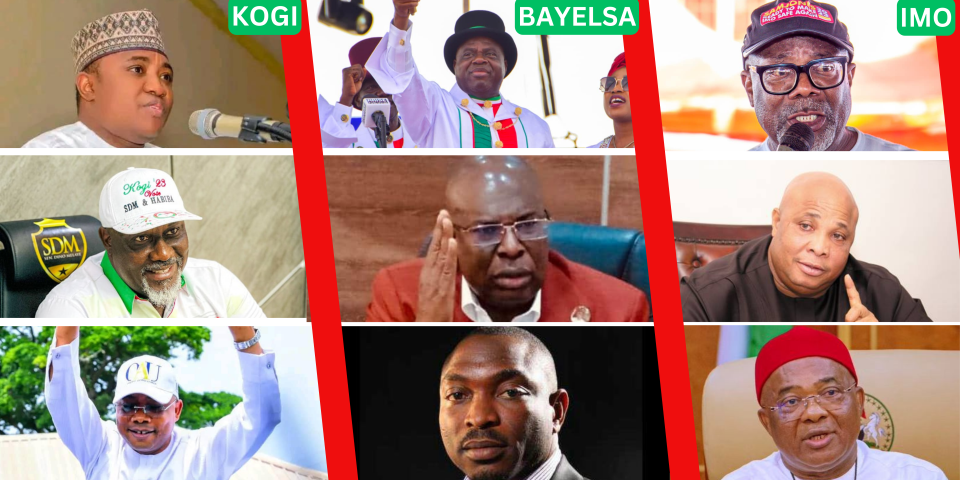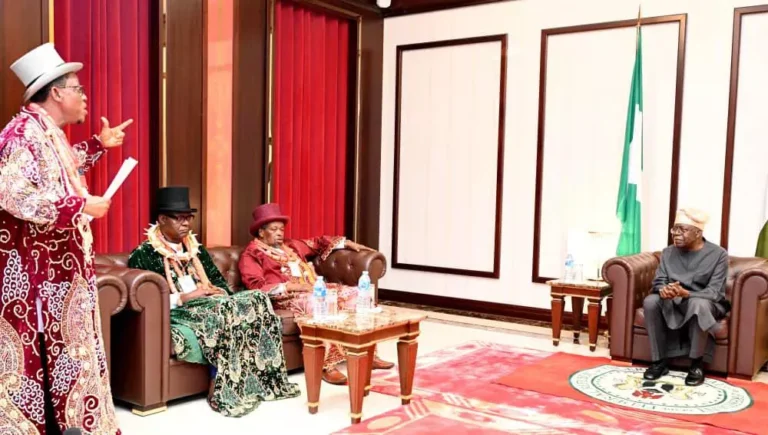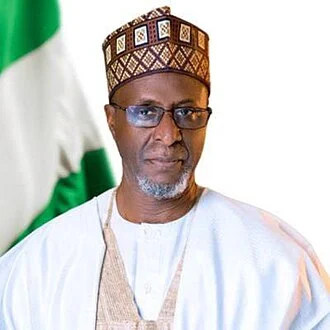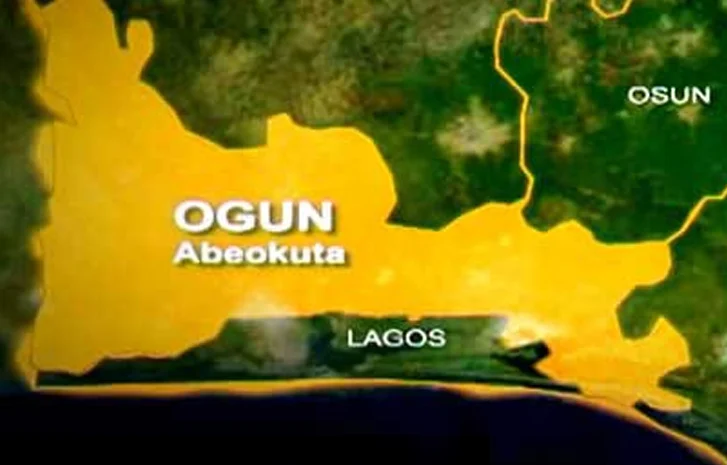
The off-cycle governorship elections scheduled for November 11 in Imo, Bayelsa, and Kogi states gained momentum when the Independent National Electoral Commission (INEC) released the list of candidates set to participate in the electoral process.
INEC’s decision to publish the candidate list aligns with the provisions of Section 32(1) of the Electoral Act 2022, mandating the release not later than 150 days before the election day. This follows the period for voluntary withdrawal and substitution of candidates by political parties, as stipulated in Section 31 of the Electoral Act 2022.
The final candidate list, a critical document, was made available on the Commission’s website and social media platforms. Simultaneously, it was published in state and local government offices in the affected states.
Analysing the list, it is evident that all 18 political parties are fielding candidates in Kogi State, 17 in Imo State and 16 in Bayelsa State.
Notably, two political parties are presenting female candidates in Bayelsa State and one in Kogi State.
INEC reports a total of 5,409,438 registered voters spread across 649 electoral wards in 56 local government areas.
These voters will exercise their franchise at 10,510 polling units.
These off-cycle governorship elections are of significant importance, as they are coming after the February general elections that saw the emergence of President Bola Ahmed Tinubu.
Bayelsa and Imo states see their incumbent governors seeking re-election, while a new governor is poised to emerge in Kogi State.
This marks the first instance of INEC conducting three off-cycle governorship elections simultaneously across different geopolitical zones.
This unique occurrence is attributed to the expiration of the current officeholders’ terms within the constitutional timeframe, as specified in Section 178(2) of the Constitution of the Federal Republic of Nigeria, 1999 (as amended).
INEC has demonstrated its preparedness by delivering all sensitive and non-sensitive election materials to the three states. Ad hoc staff have undergone training, and the mock accreditation of voters and the upload of results to the INEC Results Viewing Portal have been successfully conducted.
Political parties and candidates have engaged in robust electioneering, anticipating keenly contested elections. Security measures have been heightened, with various security organisations deploying personnel to ensure a secure environment.
Stakeholders are eagerly anticipating the election’s outcome, marking the first conducted under President Tinubu.




